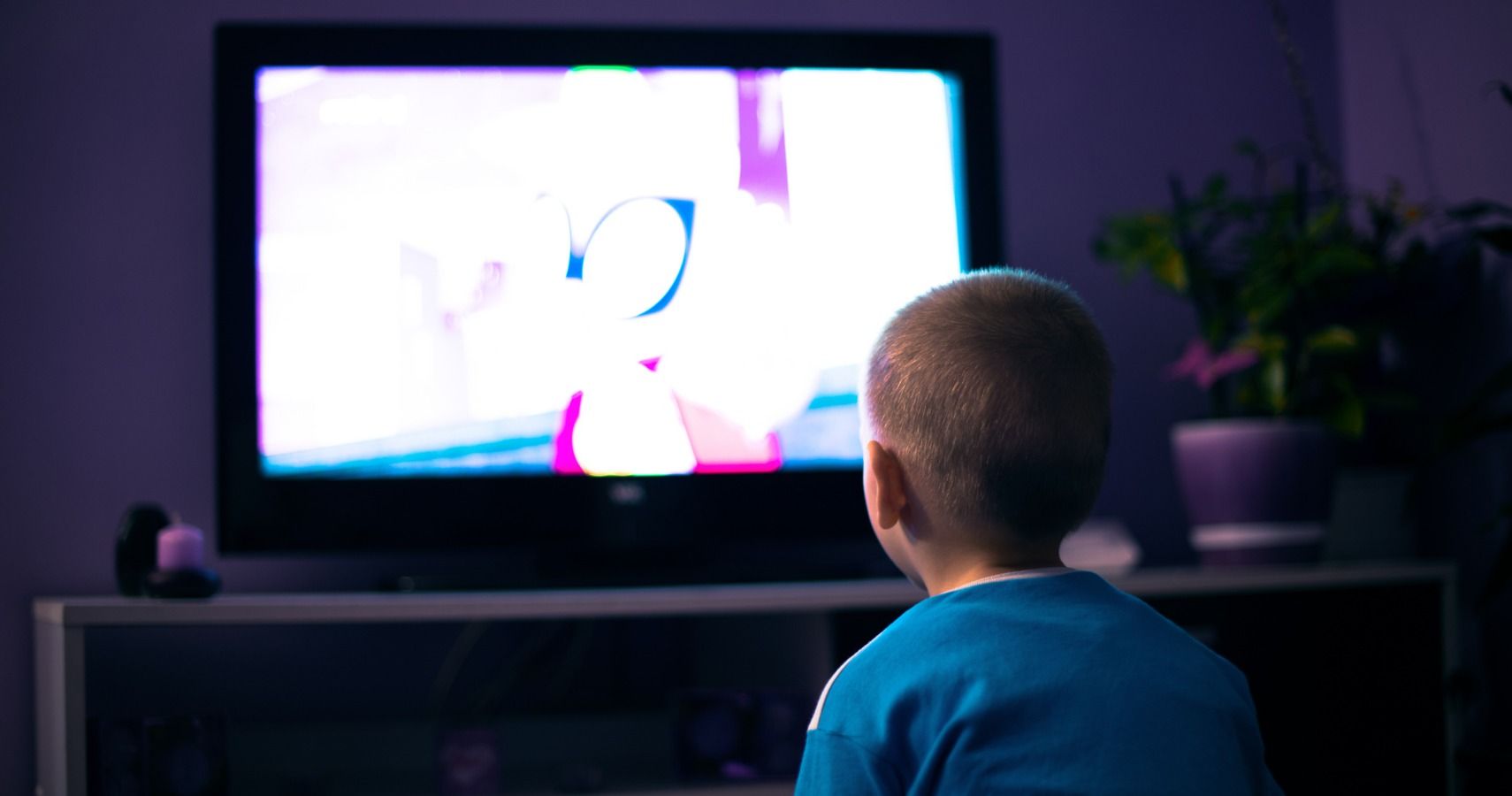Screens seem to be everywhere these days. Between smartphones and tablets, laptops and video game consoles, there is the opportunity to be connected as much, or as little as one chooses. Children of all ages can now be in front of a screen at any time of day, which is often a convenient choice for parents. Grocery store meltdowns can easily be diverted by showing a child a favorite cartoon or game on a smartphone, and meals out with the family can often be much more enjoyable when the toddler has something to occupy them.
Parents have long struggled with the question of "how much screen time is too much screen time?" for their child, especially because screen time is often the only thing that can buy them a few moments of quiet. The World Health Organization (WHO) is looking to answer that question with their latest recommendation, and they are firmly putting their foot down when it comes to screen time for infants and toddlers.
The WHO states that infants under the age of 1-year-old should have no screen time whatsoever, and those between the ages of 2 and 5-years-old should receive only one hour of screen time a day, but less is better, PBS reports. A Common Sense Media report states that kids under the age of 8 are averaging 2 hours and 19 minutes in front of a screen daily, and while the majority of that time is watching television, it states that mobile usage is quickly becoming more and more popular.
There are, however, some who argue that the WHO aren't taking into consideration the benefits that screen time has on children as well. Andrew Przybylski, director of research at the Oxford Internet Institute at the University of Oxford told PBS that the WHO report “overly focuses on quantity of screen time and fails to consider the content and context of use. Not all screen time is created equal.”
The strict stance made by the WHO with this new recommendation could negatively affect parents who will no doubt feel guilty if they turn to screens to buy themselves a few minutes of quiet. “What we don’t want is to set up a situation where parents feel shamed by the fact that they do use tablets and so on when they’re cooking or something like that,” Stephen Balkam, founder and chief executive of the Family Online Safety Institute told The Washington Post. “It’s about trying to find a balance.” He also explained there is a big difference between “screen time” and “screen use.”
Emily Oster, a professor of economics at Brown University told The Washington Post she's not sure there has been enough research on the effects of screen time to definitively state that screen time is affecting development. “I think people need to look at this and think about the fact that these guidelines are not based on some underlying, well-researched truth and use their judgment to decide what’s going to work,” Oster said. “These ideas that kids are going to be physically active and get enough sleep — that’s a good idea, but it’s not all about screens.”
The WHO's recommendations for minimal screen time up until the age of five also comes with the recommendation that children need to become more active and less sedentary. It writes that the increased rise in childhood obesity is a real problem that needs to be addressed. “What we really need to do is bring back play for children,” says Dr. Juana Willumsen, WHO focal point for childhood obesity and physical activity. “This is about making the shift from sedentary time to playtime while protecting sleep. "

